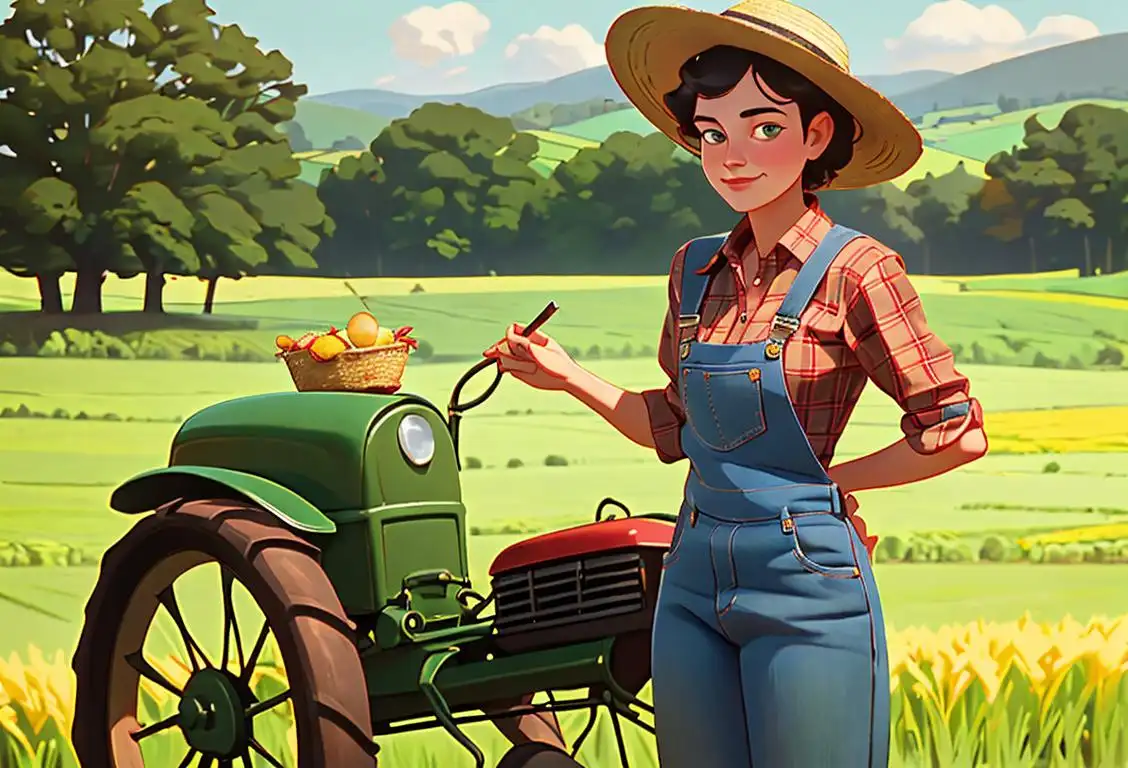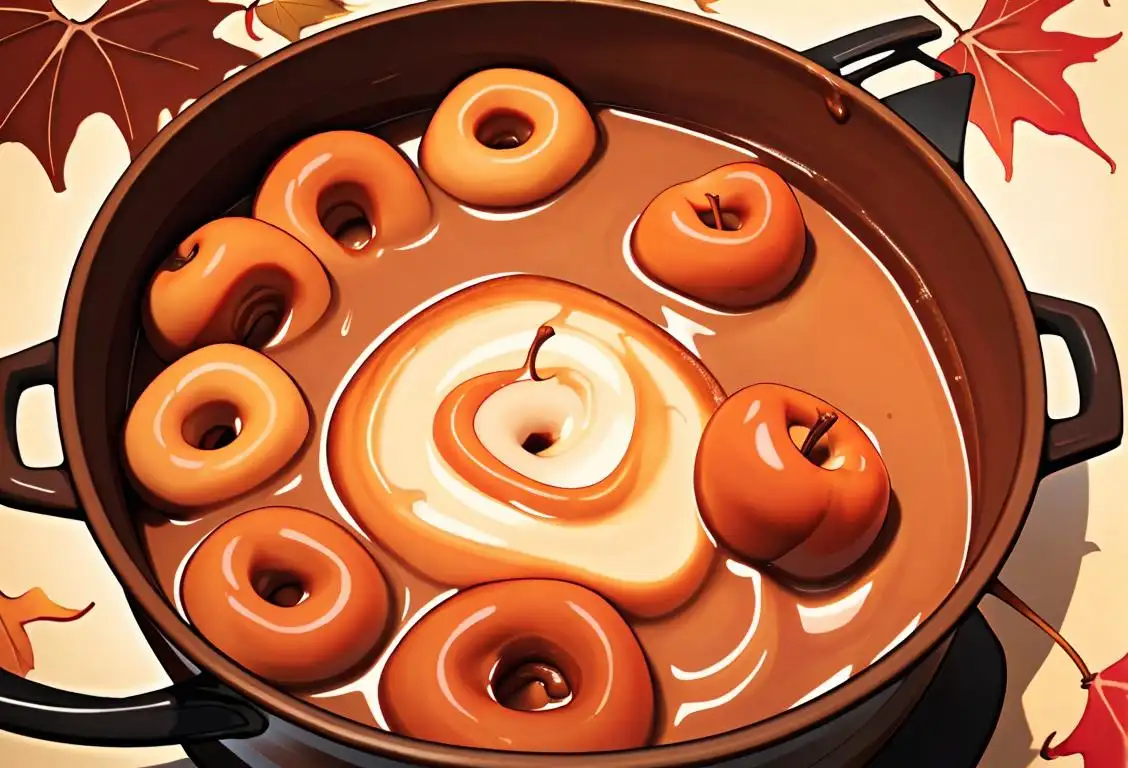National Farmers Day

Oh hay there! Ready to dig into the dirt of National Farmer's Day? Gather 'round the cyber silo as we sow some seeds of knowledge for you. This is the day we tip our straw hats to the hardworking folks that till the earth to keep our grocery aisles abundantly stocked.
When is Farmers Day?
It's national farmers day on the 12th October.
History of National Farmer's Day
So, you're wondering how National Farmer's Day sprouted? Well, it blossomed into recognition on the internet sometime around the cornucopia of 2015. But don't let its digital debut fool you, this day has deep roots, dating back to the 1800s when it was originally celebrated as 'Old Farmer’s Day'.
Getting Ploughed into the Details
Now, if we're talking about the day when the internet fields were richest with Farmer's Day mentions, we're looking at October 12, 2020. With exactly 40313 shouts of 'Yeehaw!', 'Thank you, farmers!', and '#NationalFarmersDay' echoing across cyberspace. While this day isn't a national holiday (yet), the internet has certainly taken it under its wing like a chick in a warm barn during roosting season.
Celebrate, Celebrate, Cultivate!
How does one rightfully honor a farmer? Why, by sharing pictures of rural vistas, tractor-related memes, and mouth-watering dishes made from farm-fresh produce on social media, of course! From tech-savvy teens to steadfast seniors, everyone can connect with the simplicity and sincerity of a farmer's life on this special day.
History behind the term 'Farmers'
6000 BCE
The Birth of Agriculture
Around 6000 BCE, humans transitioned from a nomadic, hunter-gatherer lifestyle to a settled, agricultural one. This marked the birth of farming. Early farmers began cultivating crops and domesticating animals, which allowed for a more stable food supply.
3500 BCE
The Rise of Ancient Farming Civilizations
By 3500 BCE, farming had spread to various regions around the world, leading to the emergence of ancient farming civilizations. In Mesopotamia, the Sumerians developed advanced irrigation systems and grew crops like barley, wheat, and dates. In the Indus Valley, the Harappan civilization thrived on the cultivation of rice and wheat. These civilizations greatly influenced the development of agriculture and shaped early farming techniques.
1700s
The Agricultural Revolution
The 1700s marked the beginning of the Agricultural Revolution in Europe, which brought significant advancements in farming practices. Enclosure acts led to the consolidation of farmlands, allowing for more efficient and profitable farming. Innovative farming technologies such as the seed drill and improved crop rotation methods were introduced, leading to increased productivity. This revolution transformed agriculture into a more systematic and organized industry.
1920s
Mechanization and Modernization
In the 1920s, farming underwent a major transformation with the advent of mechanization and modern agricultural practices. The introduction of tractors, combines, and other farm machinery revolutionized the efficiency and scale of farming operations. Chemical fertilizers, pesticides, and improved crop varieties further increased yields. These technological advancements reshaped the way farming was conducted and paved the way for modern agriculture.
21st Century
Sustainable Farming and Beyond
In the 21st century, there has been a growing emphasis on sustainable farming practices. Farmers are increasingly adopting organic farming methods, reducing pesticide use, conserving water resources, and promoting biodiversity. The farm-to-table movement has gained traction, with people showing greater interest in knowing the origin and quality of their food. Additionally, biotechnology and precision agriculture are driving further advancements in farming techniques, aiming to meet the challenges of feeding a growing global population while minimizing environmental impact.
Did you know?
Did you know that National Farmer’s Day used to be honored with potluck feasts and barn dances? Guess what? Now, it can be celebrated anywhere with a farm-fresh feast and a virtual hoe-down shared with friends!Tagged
awareness food fun celebration remembrance history internet National Farmers Day farmingFirst identified
1st August 2015Most mentioned on
12th October 2020Total mentions
40313Other days
Farmers Day
Lasagna Day
Caramel Day
Swiss Day
Senior Citizens Day
Parents Day
Martini Day
Vodka Day
Coffee Day
Dishwasher Day








